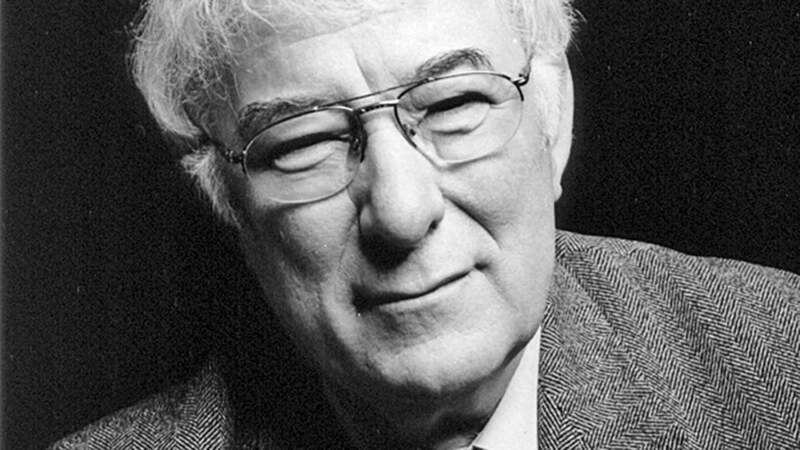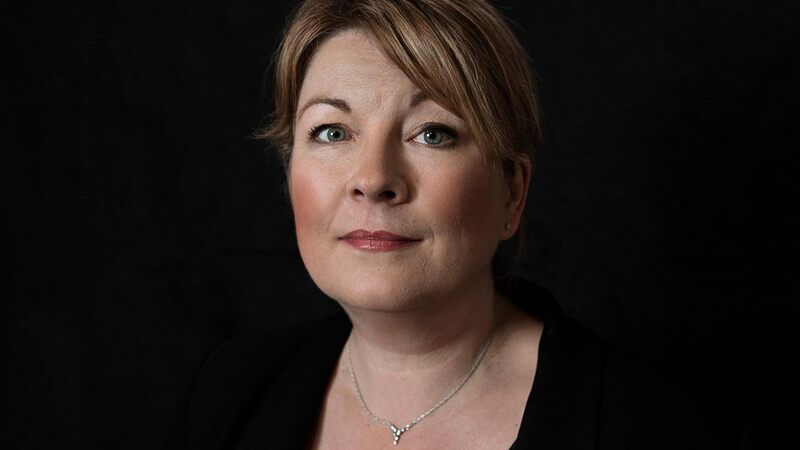You are viewing your 1 free article this month. Login to read more articles.
Leone Ross | 'I knew I wanted magic, and I knew I wanted magic realism'
The third novel by Leone Ross, 15 years in the writing, is a blend of magical realism, satire and sheer joy
"Everything in Popisho was born with a little something-something... a little something extra. The local name was cors. Magic, but more than magic. A gift, nah? Yes. From the gods: a thing so inexpressibly your own.” Welcome to Popisho, the fictional Caribbean archipelago setting for Leone Ross’ marvellous third novel, This One Sky Day, a place where magic is commonplace, not always useful, and often downright inconvenient. In Popisho, moths are eaten for their hallucinogenic properties, vital parts of a person’s anatomy can drop off without warning, and houses can grow and shrink around their owners. It is also a place where, over the course of a single day, two long-lost lovers will be offered a second chance.
The story begins at dawn with Xavier Redchoose, the macaenus (the latest in a long line of master chefs) who was born with the magical ability to flavour food through the palms of his hands. He runs a restaurant in Popisho called the Torn Poem, where diners will be invited just once, and to be fed exactly what they need, rather than what they fancy. But on this particular day, Xavier has been instructed by the Governor of the islands, a corrupt man viewed with suspicion by the locals, to prepare a wedding feast for his daughter Sonteine, and so he sets off to walk across the islands to gather food for the feast.
Xavier’s chapters are interwoven with those of Anise, whose cors is to know what ails someone simply by touching them. She wakes on this day to find her husband Tan-Tan missing, and is told by a neighbour that he is having an affair—and that his other woman is pregnant. She decides to track him down.
As Xavier and Anise set off on their respective journeys across Popisho, the full extent of Ross’ gloriously imagined world is revealed. Here, by way of a minute example, is what happens when someone tells a little fib to a shopkeeper: “The lie tore around the shop siding, adding small cracks to the brickwork and killing three spiders.” Every tiny detail about this world is both vivid and surprising and, given this feat of world-building, it is no surprise to learn that This One Sky Day took the author 15 years to complete. It is Ross’ third novel, after a gap of 20 years (of which, more later) and, as she explains over the phone from her south London home, it began in a difficult place. “The book came out of a period of me feeling very, very unsure about myself as a writer, and certainly very unsure about the novel as a form, and as something that I could write well,” she says.
Struggling with self-doubt, Ross decided to return to the way she wrote as a child growing up in Jamaica, “remem- bering what it was to write without fear” and when the physical experience of writing, lying on her tummy with a pen and paper, was “the most natural, gorgeous thing in the world”.
So she started writing, lots and lots of streams of consciousness at first, and then “I began to ask myself serious questions. Not, ‘What do you want to say?’, but ‘What do you want to feel?’” Gradually, This One Sky Day began to take shape. “I knew I wanted magic, and I knew I wanted magic realism, and I knew I wanted to giggle, and I knew I had to return to a place where it gave me pleasure to do it. I wasn’t worried about whether anyone would like it or whether it would sell—all those things we become consumed about when we begin to publish.”
The magic mindset
Ross was born in Coventry but moved to Jamaica with her mother at the age of six, and Popisho owes some of its DNA to the Caribbean island. “There are some levels of Popisho that are very Jamaican,” she says, particularly the attitude the islanders have to the magical cors they are born with. “I like the idea that people are vaguely bored with it, or annoyed about it. ‘What good is it? Did your kid get a good one?’ That felt very Jamaican to me. It felt to me like Jamaicans, if faced with the reality of normal magic, would get really, ‘That is dutty, stupid magic! What is that?!’”
This One Sky Day is a work of magical realism, which Ross defines simply as a collision of the ordinary and the extraordinary. She perceives, with frustration, a certain dismissive attitude towards this particular literary genre. “It seems to have become fashionable to roll your eyes about magical realism,” she says. “But the idea that we tell each other important stories about power and fear and anger and love, via the fantastical: that is central to all of our storytelling. And the idea that such a thing should be poohed-poohed by parts of the industry makes me impatient. It’s difficult to do: you do need to unlace your backbone to do it, to let the magic in."
Ross’ first encounter with magical realism as a reader was at the University of the West Indies (UWI), where she studied Toni Morrison and Gabriel García Márquez, both literary influences on This One Sky Day. She also cites the influence of two Harlem Renaissance novels, Sherwood Anderson’s Winesburg, Ohio and Jean Toomer’s Cane. “I would never, ever claim to be any of these humans,” she says, emphatically, “but man, I can hear them cheer- ing me on!”
After graduating from UWI, Ross returned to the UK to study journalism at City University and her first staff job was at the Voice newspaper. Her first novel, written when she was in her early twenties, was published by Angela Royal Publishing, a tiny indie who also published Bernardine Evaristo’s début novel, Lara. Following a group of young Jamaican women in 1990s London, All the Blood is Red won her a place on the 1997 Orange Prize longlist. Her second novel, Orange Laughter (1999), was also published in the US, by FSG, with a copy making its way into the hands of one of the most influential readers in the world: Oprah Winfrey herself. But after that hugely promising start to a career, things seemed to tail off...
“It felt, for reasons I don’t quite understand, that everything went to sleep a little bit,” she says. “I think probably because I needed to hustle more, probably because I needed a different agent, we could say all kinds of things... I don’t know what I needed to do. But I do know that at the end of Orange Laughter I was exhausted emotionally. It had taken a lot to write those two novels over a very short period of time.” It felt, she says now, as though nobody was waiting for book number three, not that anyone should have been, she adds hastily. “I didn’t feel entitled, but also I didn’t get very much support. So I kind of thought, ‘Oh, that’s the end of that’.”
She turned her creative energies instead to the short story, and to teaching creative writing at university level. Her short stories, anthologised here and in the US, roam widely across genres including speculative fiction, horror and erotica, and her first collection, for Peepal Tree Press, Come Let Us Sing Anyway (2017), was very well-received. But now, with Faber’s publication of This One Sky Day, she has come full-circle with a novel which turned out, after its stream-of- consciousness beginnings, to be about two characters having a second chance at love, which reflects a certain symmetry, “because here I am, having a second chance”.
Book extract
On the first anniversary of his wife’s death, Xavier Redchoose got up before light and went downstairs to salt the cod. He sat in his kitchen, green notebook in hand, rubbing his left thumb along the stained pages, waiting for delivery. Through the restaurant window, he could see the golden stalk of a fading moon. Around him, the Torn Poem was silent, except for the morning wind, making the front doors shiver.
It was going to be a trying day, of that he was sure.
The local fisherman arrived promptly, his adolescent son trailing behind him, father genuflecting, son’s eyes downcast and fixed on the backs of their silver-blue catch. It was this same boy who had found Xavier’s wife floating in the sea, limbs tentacled, and carried her corpse onto the beach. He said Nya’s dead voice sounded like rotting pineapple: sweet and grating as she tapped his chest.
You can put me down now, boy. It gone bad, already. The fisherman’s son watched her walk down the sand until he couldn’t see her anymore.
Why you never hold her there? snapped Xavier. Call for me? Something.
I never know how, the boy whined.










